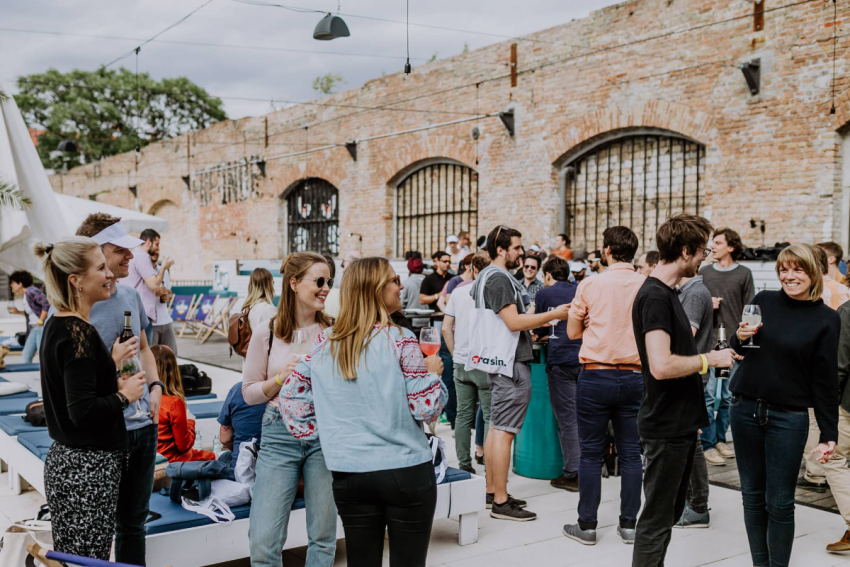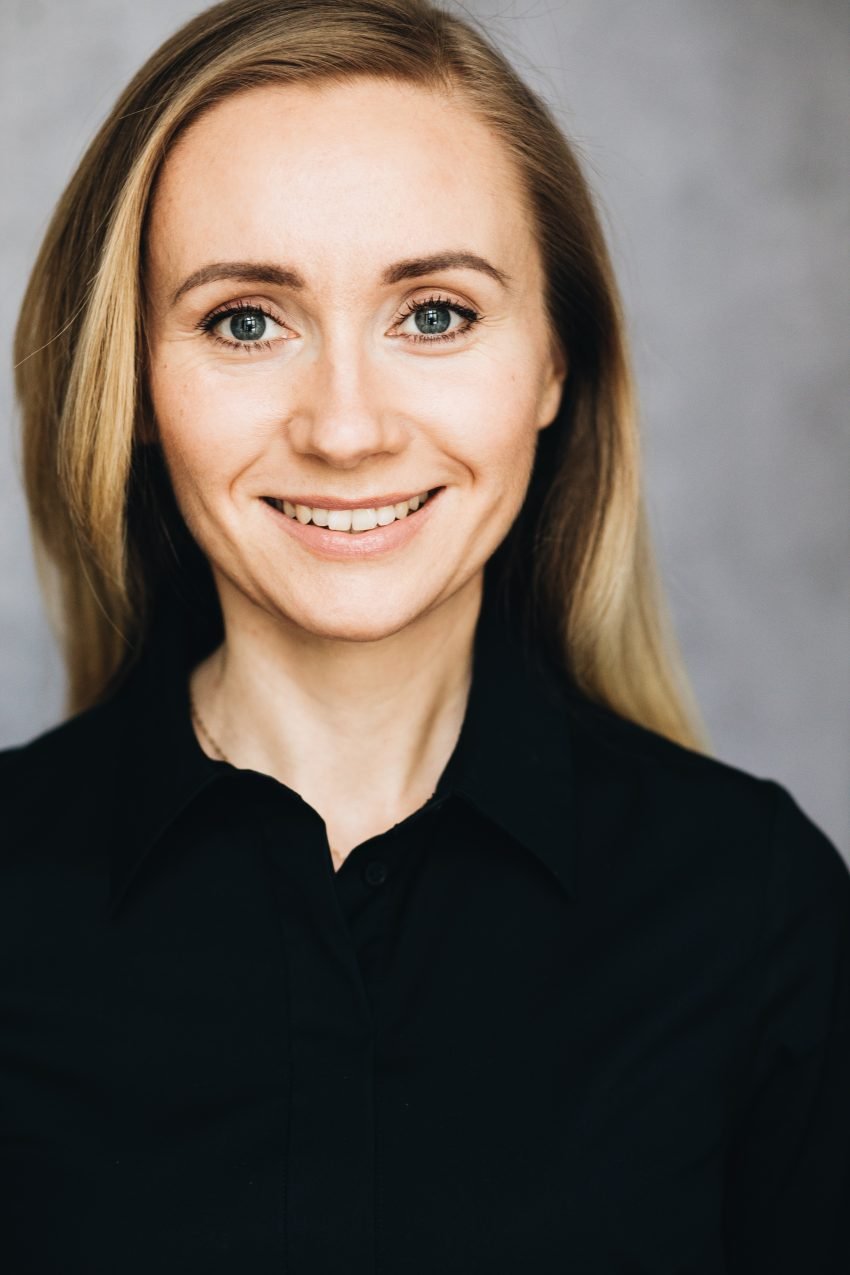SAWABONA – I see you!
Stories from our Learning & Development team
by Maja Bazan, Head of Learning & Development on May 5th, 2021

“Sawabona” is an African tribe’s beautiful greeting, translating to “I see you, you are important to me and I value you.” As a response, people say “Shiboka” meaning “I exist for you.”
Here in Europe, we usually start our small talk by asking “hello, how are you?” without typically expecting an answer to the ‘how are you’ part – well, not a long or sincere one, for sure. People are too busy to reflect on how the person they’re talking to is doing. Most of us just want to get straight to the point and tick the next box from our to-do list.
It worked like that until last year. Then, suddenly, the pandemic made us pause and rethink how we work and how important our well-being is. Before Covid-19 we knew, sometimes only intuitively, how important it is to have our work and our life well integrated. Lockdown has brutally verified our habits, and, no doubt, it has exposed the bad ones. At Raisin, the first detailed and measurable confirmation about the importance of well-being came clear already in 2020 after individual happiness discussions that our Talent & Culture (T&C) Team ran with employees. Based on those, the Learning and Development Team (L&D), which is a sub-team in T&C, prepared an annual well-being program with a variety of initiatives that take place every month. All activities are conducted online, accessible to everybody, and all of them are voluntary. There are three broad themes that encompass individual and corporate well-being at Raisin: physical, mental, and competence at work. To name a few specific workshops that have already taken place: stress and anxiety by Ben Elers, the impact of good sleep by Dr. Katharina Lederle, fit yourself up – a challenge of collecting points after completing a physical exercise. The points collected during this challenge have been monetized and donated by Raisin to the “Save the Children” charity. Additionally, we have just implemented regular online meditation sessions guided by Gulia from Green Yoga in Berlin.
Whether you are suffering from covid-blues, social isolation, or a general feeling of dissatisfaction, we believe in offering support to ensure a psychologically safe and healthy workplace environment. A leader’s role is complex, it requires managing yourself and others. Remote leadership can bring challenges. To make it smoother we have included well-being training for all leaders throughout the annual Leadership Program. During a workshop with all team leads, as part of our Leadership Circle, some key recommendations were collected with the intention of bringing more harmony to our employees’ work-life balance.
Just to name a few: make it personal, surprise your team, do regular check-ins and check-outs, stay connected and keep the networking, wrap up the week with your team, reduce the number of unnecessary meetings, have fun, and laugh together.
One size does not fit all, that is why the recommendations can be implemented anytime when needed.
Our goal is to constantly follow employees’ needs and try to respond to them. That’s why our T&C Team runs regular pulse checks during short monthly and quarterly surveys. For example, we measure workload and flexibility of work. Data from 2021 still confirms that well-being remains the most important category in terms of overall happiness and desired skills or training for Raisineers (our employees).
The mentioned “Sawabona” is about focusing your attention on the person that you are speaking to. It is about noticing the needs of other people and embracing them. As a tribal greeting, it also emphasizes the power of a community. To have a healthy community, also in the workplace, you have to stay connected and contribute. I believe we are all creating a well-being culture. It isn’t only driven by leaders. No doubt, supervisors should be able to understand their peers and empower them to speak up. In an inclusive organization, like Raisin, everybody should contribute to the overall happiness in the workplace. We all need to be seen and heard, we are all interconnected at work.
Our aim with all these initiatives is that the whole team hears a “Sawabona” – and, as they participate, that they’ll have a “Shiboka” in response.
*If you want to learn more about how this African tribe method can be implemented in your leadership style or workplace I sincerely recommend the book The Fifth Discipline by Peter Senge.
………………………………….
May’s story
 Maja Bazan
Maja Bazan
Head of Learning & Development


